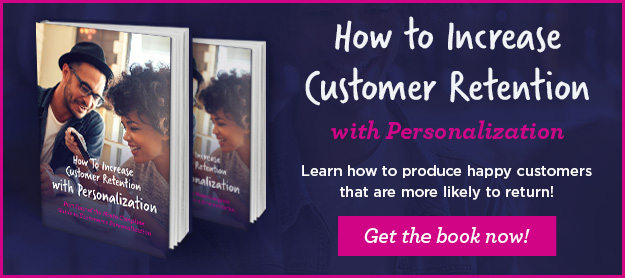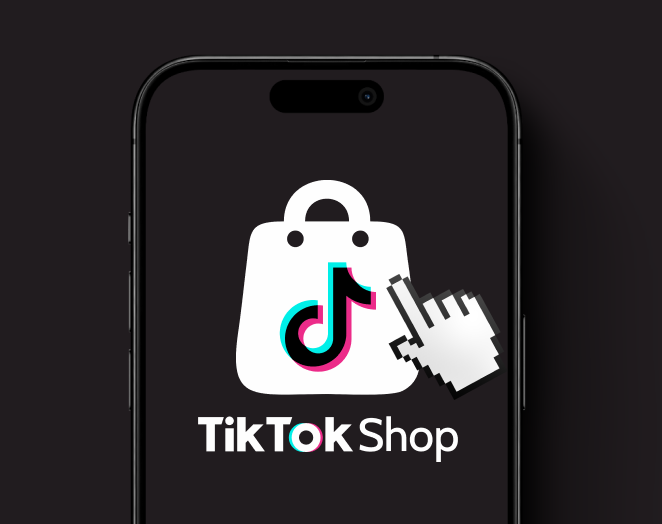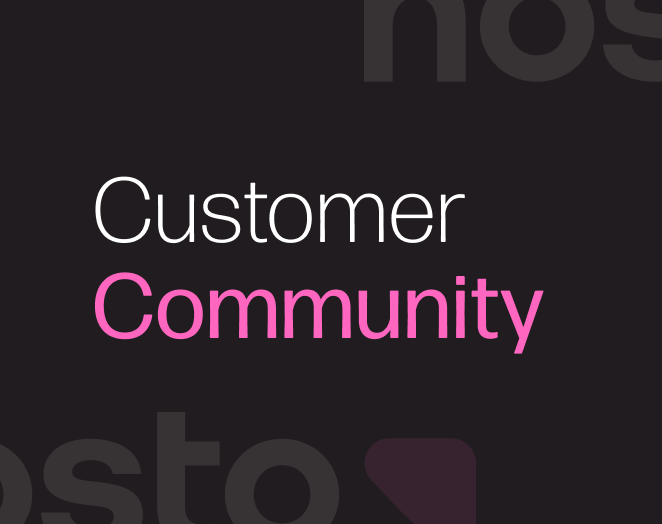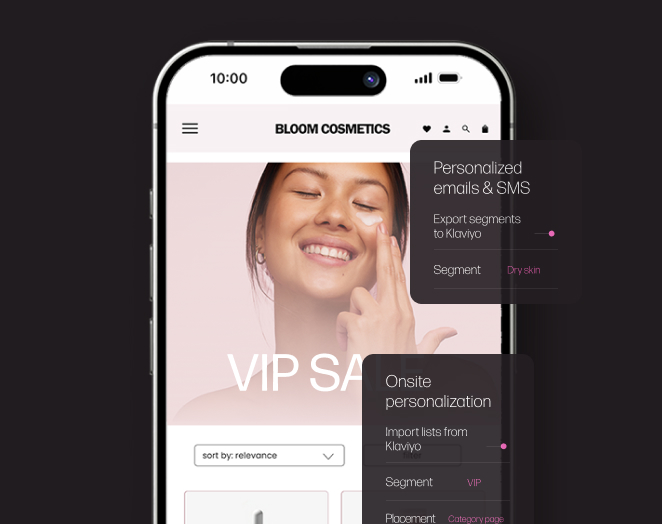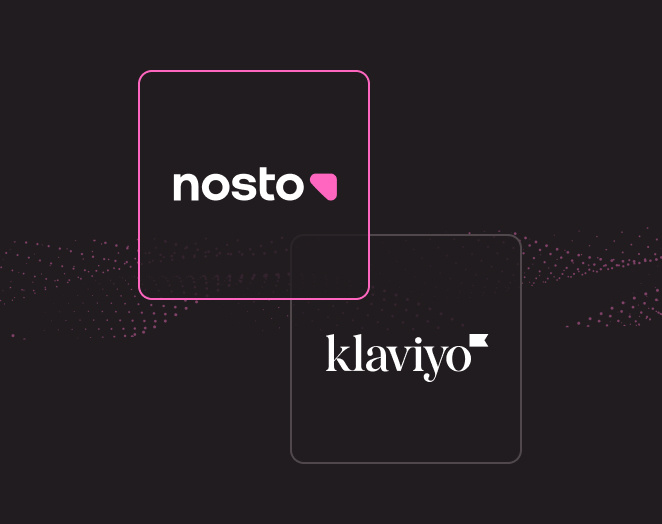How to Identify and Engage your Most Generous Customers All Year Long
While major holidays drive significant e-commerce sales, there are personal holidays happening every single day. Birthdays, anniversaries, graduations and gifts of gratitude abound, but it can be a lot harder to market to personal gift givers when there aren’t (literally) retail seasons named after their celebrations.
For a marketing segment that includes – basically – everyone, niche-ing down to actionable segments to target can be a challenge. There are some tried and tested techniques that e-comm managers can use to identify and engage with gift-givers all year long, and stay on the top of their minds for every gift-worthy occasion.
Identifying gift givers
The first step to engaging with a particular group is being able to identify them with a repeatable, consistent methodology. This can be as simple as tagging them based on what they have purchased (like a gift card), but digging a few steps deeper can yield a much richer set of customers to add to your segment. Here are some tips to help you identify gift givers from your e-commerce store’s customer base:
- Think like an investigator. While your customers are probably not trying to hide evidence that they are making a purchase from your store, it may not be immediately apparent. As you are compiling your list/segment of gift-giving customers, sometimes you’ll find hard evidence, and other times just clues. Don’t consider the lack of “hard evidence” to indicate that a person does not belong in your segment. It is, however, useful to lay out the distinction between evidence and clues so that you can weight your information appropriately.
- Some examples of evidence that a customer is a gift-giver. You can definitely include these people in your gift-giver segment. Customers who…
- …sent a gift certificate/card to someone (not to themselves)
- …included a gift note with their order
- …selected gift wrapping at checkout, or a gift box
- …chose personalization or engraving with initials other than their own initials
- …have called or emailed your customer service team looking for gift advice or assistance
- Some examples of clues that a customer is a gift-giver. You can probably include these people in your gift-giver segment::
- If your store only sells women’s jewelry, there’s a strong chance that most of your male shoppers are purchasingi gifts.
- If you have a customer who has bought items in vastly different sizes, they are likely not shopping for themselves. (If they bought a Small and Medium, they may just be checking for size.)
- If shipping and billing addresses are different, especially interstate. (This could also be fraud, so be sure to filter out any fraudulent orders.)
These are just a few indicators that a customer is making a purchase to give a gift. Your particular store and industry could have many more datapoints under either the evidence or clue categories.
It’s easy to get lost in the data, so keep in mind that in broad strokes you want to identify gift-givers so that you can send them specific messaging encouraging them to give gifts from your online store. If you’re a little off in your targeting, well, everyone gives gifts from time to time so it’s not the end of the world. Make the most of the data you have and move on to the next step in your gift-giving marketing campaign.
What kind of gifts are they giving?
In the mass market, gift-giving follows trends. Sometimes they are macro trends (like Cabbage Patch Dolls or Wii game consoles), and sometimes they are micro-trends. Many of these gift-giving trends emerge subconsciously – or more accurately – from examination, not necessarily from purposefully steering people toward specific items.
When it comes to spending marketing dollars, riding a trend can be more efficient than trying to initiate your own trend, so here are some questions to answer once you have segmented your gift-giving group:
- What LTV (lifetime value) and AOV (average order value) behavior do your gift-givers exhibit? How do they stack up against your overall customers? If your brand is strong on repeat purchases, your gift-giving segment may buck that trend. If your brand encourages a high AOV for each transaction, do your gift-giving customers exceed that standard or fall short? These questions can help you identify what kind of gifts they have been giving, and adjust your marketing/positioning to move these customers where you want them to be.
- Another tactical technique to gather intel on your gift-givers is to pull an export of all gift messages and run an analysis for the most recurring words. This doesn’t need to be super scientific – just run them through a word cloud app (there are plenty of free ones). If you see repetitions of words like Birthday, Anniversary, Mom, you can begin to make inferences about your gifters and direct messaging to ride the trend of their typical behavior.
- Likewise, if the phrasing in your gift messages is “Mother” vs. “Mom,” or “30th” (as in birthday or anniversary) recurs often, those word choices can tell you a lot about your typical gift recipients. This is pure marketing intel, and can inform your messaging and targeting in significant ways.
The kind of gifts being given to each category of person or category of event can vary greatly, so tapping into your current customer trends is a powerful – and efficient – way to extend your capability to address the needs of your gift-giving customers.
Ok, this is neat, but what do you do with all this info (to actually drive sales)?
While every ecomm and marketing manager has their own protocol for turning actionable information into action (ideally profitable action), here are some specific techniques that have proven successful in converting gift-givers into repeat gift-givers (with above-average AOV and ROI):
- Create a segment of known or suspected gift-givers in as many channels as you can. This should absolutely include email marketing, but can be extended to social media, PPC, offline engagement (like postcards) and retargeting/remarketing.
- Target these gifter segments with specific messaging around known holidays. If they had a previous good experience giving a birthday/anniversary/graduation/etc. gift, your brand is already a known entity in their gift-giving experience, so you have an advantage over the competition.Like everyone else, gift-givers are looking for solutions and great gifts, so capitalize on the momentum of their past, positive experiences with your brand.
- If a customer meets your criteria to be segmented as a likely gift-giver but you don’t specifically know what personal holiday/event they have made a purchase for, you can always target them with an “anniversary of your first/last purchase” message. Consider this a “[insert your store name]” Anniversary, and consider sending your yearly follow-up email one week earlier than their past purchase. Chances are that their gifting event is a yearly recurrence.
- If you use a CRM system, mark relevant dates/months as they are revealed on the customer records. Be careful not to cross the creepy line where it seems like you are stalking a customer, but be attentive to their needs and cognizant of their purchase patterns. Ideally, this information can be filtered back to your ecommerce system in an actionable way e.g. email segmentation, but CS agents are often the front line in customer relations, and this intel can be a rapport-builder.
- Most online retail stores have automated follow-on messages to encourage feedback, product reviews, sharing, etc. Follow up with people you know are giving gifts shortly after the gift arrived with two purposes in mind: a) receive honest feedback on the item/experience and b) secure an additional sale from the gift-giver. Haven’t you ever purchased a gift for someone and liked it yourself? Capitalize on that momentum of goodwill about both the experience and the item.
- Some online stores send physical mailers (postcards, catalogs, letters), and many do not. Segment your known gift-givers into a physical mailer list and test their response to a seasonal message delivered into their physical mailbox.
- Sub-segment: If a gift-giver includes a gift message or gift wrap in their order, but their billing/shipping addresses match, try including a postcard or a note for the gift-giver with a deal just for them or even a simple goodwill message. This personal touch of detail can engage them as a loyal customer for repeat purchases.
- When appropriate, solicit testimonials specifically about how great a gift your products are and use these testimonials seasonally. This idea can dovetail with your standard reviews practice, or the information can be extracted/tagged from your standard reviews, but the underlying concept is to promote the right review messaging at the appropriate times to express the positive experience of other gift-givers.
- Promote gift-centric UGC (user generated content) such as unboxings, gift photos/videos, etc. A promotional technique like this may not be as compelling if you sell clock parts or oil filters, but you probably didn’t read this far into this article if that is the type of products your company sells anyway!
- Even if you can’t positively ID someone as a gift-giver, making your site friendly to people in this mindset is powerful. Have your recommendation engine (Nosto) showing popular items or suggested pairings particularly around traditional gifting holidays. Seasoned gift givers need suggestions for “what is hot” and wary gift givers need reassurance that they are making gift decisions that will be well-received.
By merging both qualitative and quantitative means you can identify and engage gift-giving customers all year long and become one of their go-to places to shop when looking for gifts. Think of your own gift giving behavior, start small and begin engaging this segment in your marketing automation and marketing calendars.
Gift-givers are a lucrative, hidden segment who can be addressed with good targeting and smart data management. Extend the dynamics you experience in the gift-giving season to other times of year, and don’t neglect “personal holiday” shoppers in your overall messaging plans.
About Thom O’Leary and FIXER, LLC
Thom works with clients giving them advice like this ^^ and helping them implement engagement funnels that lead to impressive growth. Reach him through FIXER Group – www.fixergroup.com

